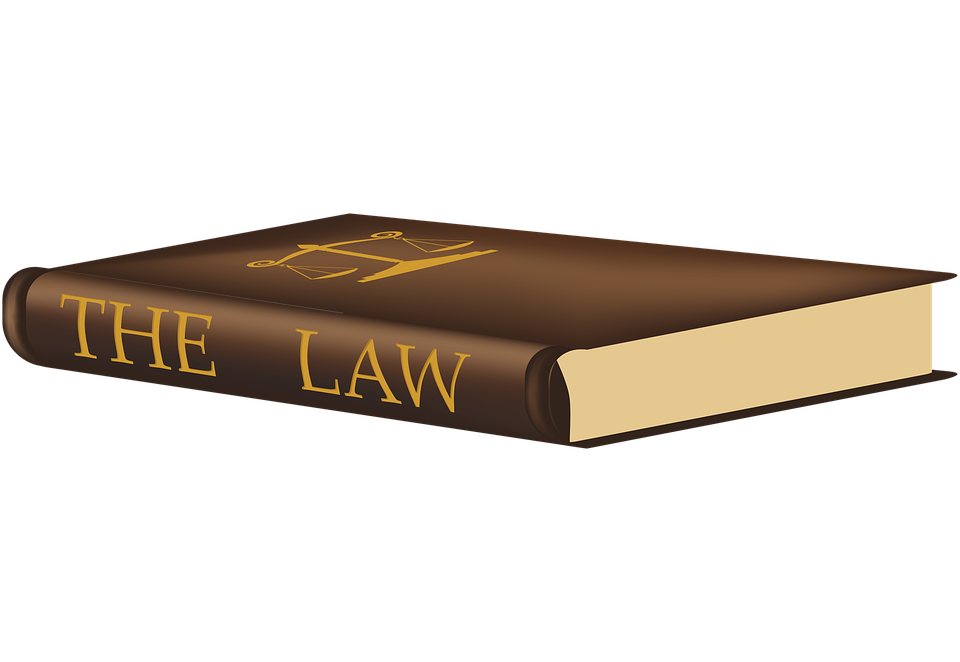In this blogpost, Sonal Srivastava, Student, Amity Law School, Lucknow, writes about the meaning of dominant position, how is it identified and what are remedies available under the Competition Act, 2002 in India.
Meaning of Dominant position
According to Explanation appended to section 4 of the Competition Act, 2002, dominant position means the strength of an enterprise in the relevant market in India which enables the enterprise to operate independently of competitive forces prevailing in the market and to affect the consumers or competitors or the market in its favour. In Jai Balaji Industries Ltd v. Union of India[1], the Guwahati High Court observed that supply of water to citizens is not a sovereign function of the Government. The court found that the Development Authority was neither producing DI pipes nor controlling the price of DI pipes in the market. Hence, it had no dominant position in the market. The question of abuse of a non-existent position did not arise. Section 4 had no application.
Identification of abusive use of dominant position [section 4(2)]
There are five kinds of abusive use of dominant position-
- Unfair or discriminatory trade practices– According to this, abuse of dominant position happens when an enterprise or group directly or indirectly imposes discriminatory conditions on the sale of goods or rendering of prices or price in sale or purchase of predatory price of goods or services.
- Limiting production or technical or scientific development– An abuse of dominant position happens in the market where an enterprise or group directly or indirectly imposes conditions that limit the production of the goods or technical or scientific development resulting in the production of the goods or services.
- Denial of access to market, barriers to entry and expansion– Any condition that causes denial to access to the market in any manner shall constitute an abuse of dominant position.
- Imposition of supplementary obligations– when an enterprise makes the conclusion of contracts subject to an acceptance of supplementary obligations by other parties, and those obligations are such that by their very nature or according to commercial usage in that field, they have no connection with the subject-matter of the contract.
- Protection of other markets– when an enterprise uses its position in a relevant market to enter into another market, then there is an abuse of dominant position.
Prohibition of abuse of dominant position
Section 4(1) of the competition Act, 2002 prohibits abuse of dominant position by any enterprise or group. Sub- section (1) says that no enterprise or group shall abuse its dominant position.
Remedies
Once the abuse of dominant position has been established, the competition authorities can take the following measures-
- A cease and desist order
- Penalty which may be 10% of annual turnover
- Direct the enterprise to take action which the authority deems fit
- Give any other order which it may think fit
- Divide the dominant enterprise
- In the case of appeal to competition appellate Tribunal, the Tribunal may order for compensation to the party bearing loss.
Conclusion
The Competition act, 2002 was formulated as there was a need to shift the focus from curbing monopolies to promoting competition both internal and external. Thus, through its authorities the Competition Act keeps a check on the abuse of the dominant position and other malafide trade practices in the relevant market and on receipt of any complaint, it takes necessary actions and on proving of the allegations respective penalties are imposed on the defaulters.
[1] AIR 2011 Gau 109
 Serato DJ Crack 2025Serato DJ PRO Crack
Serato DJ Crack 2025Serato DJ PRO Crack








 Allow notifications
Allow notifications


